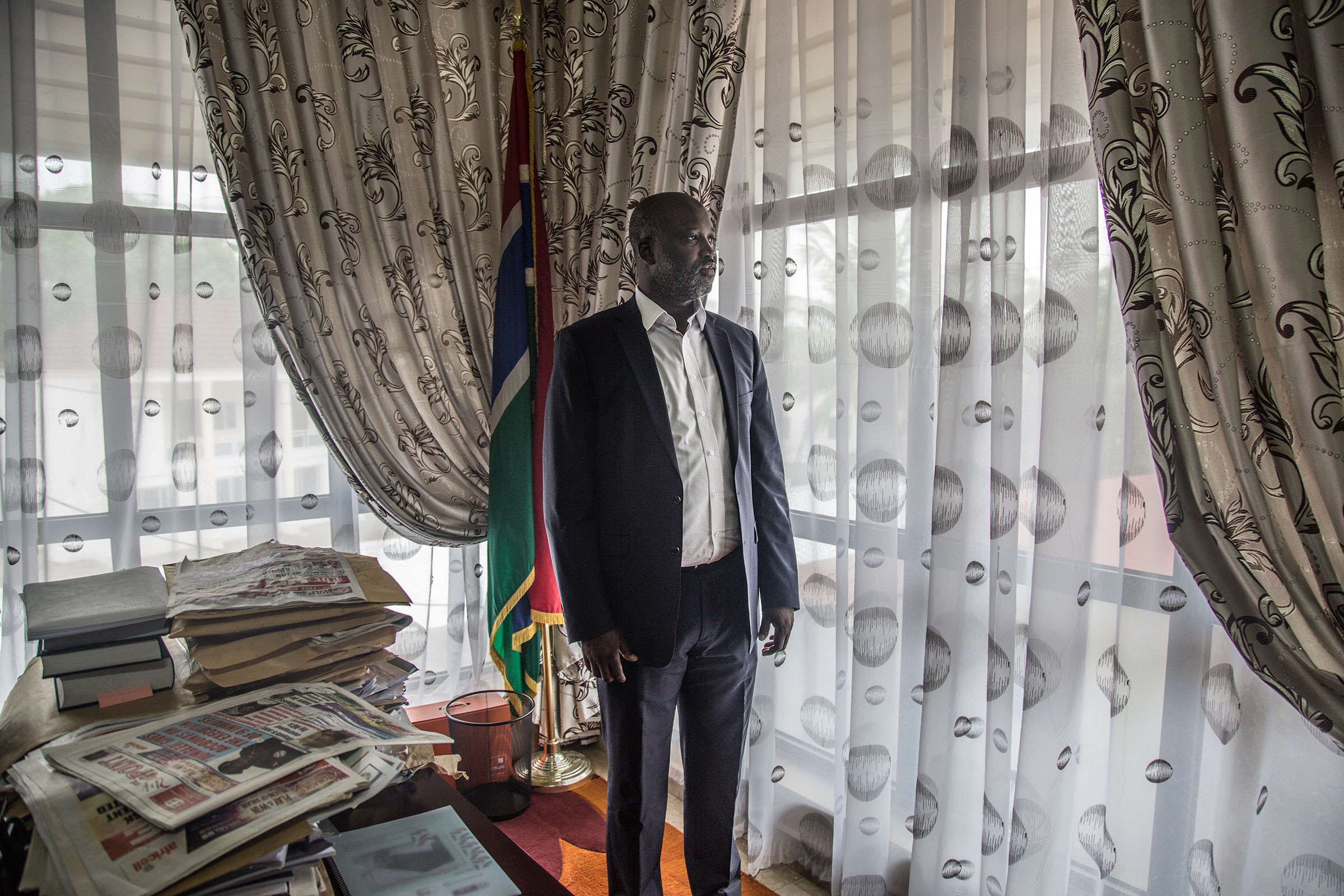Over the past four years, Myanmar’s security forces have carried out savage “clearance operations”—forced displacements, summary executions and sexual violence—against the Rohingya community. In response, China has covered for its neighbor, while Western governments have issued only half-hearted condemnations. By contrast, Abubacarr Tambadou, 47, a former prosecutor at the International Criminal Tribunal for Rwanda and, until this past summer, Justice Minister in Gambia, was not cowed. Moved by his 2018 visit to a refugee camp in Bangladesh where he heard the haunting testimonies of Rohingya survivors, Tambadou and his government brought a case before the International Court of Justice, accusing Myanmar of perpetrating genocide. In January 2020 they won an extraordinary initial ruling against Myanmar and its leader (and courtroom defender) Aung San Suu Kyi, as the judges ordered that Myanmar “take all measures within its power” to stop violent attacks against the Rohingya while the court continues to investigate the country’s past actions.
Why would his country—the smallest in mainland Africa— take action on mass atrocities on the other side of the world when others looked away? Partly, it’s personal. Gambia was ruled by a brutal dictator for two decades, and Tambadou wishes outsiders had exerted more pressure during those dark days. But mainly, he says, because it is right: “International law is not the exclusive preserve of the rich and powerful countries… you do not have to have military power or economic power to stand for justice, to stand for what is right. We are doing this in the name of humanity.”
Power is a former U.S. ambassador to the U.N. and author of The Education of an Idealist: A Memoir
- The 100 Most Influential People of 2024
- The Revolution of Yulia Navalnaya
- 6 Compliments That Land Every Time
- What's the Deal With the Bitcoin Halving?
- If You're Dating Right Now, You're Brave: Column
- The AI That Could Heal a Divided Internet
- Fallout Is a Brilliant Model for the Future of Video Game Adaptations
- Want Weekly Recs on What to Watch, Read, and More? Sign Up for Worth Your Time
